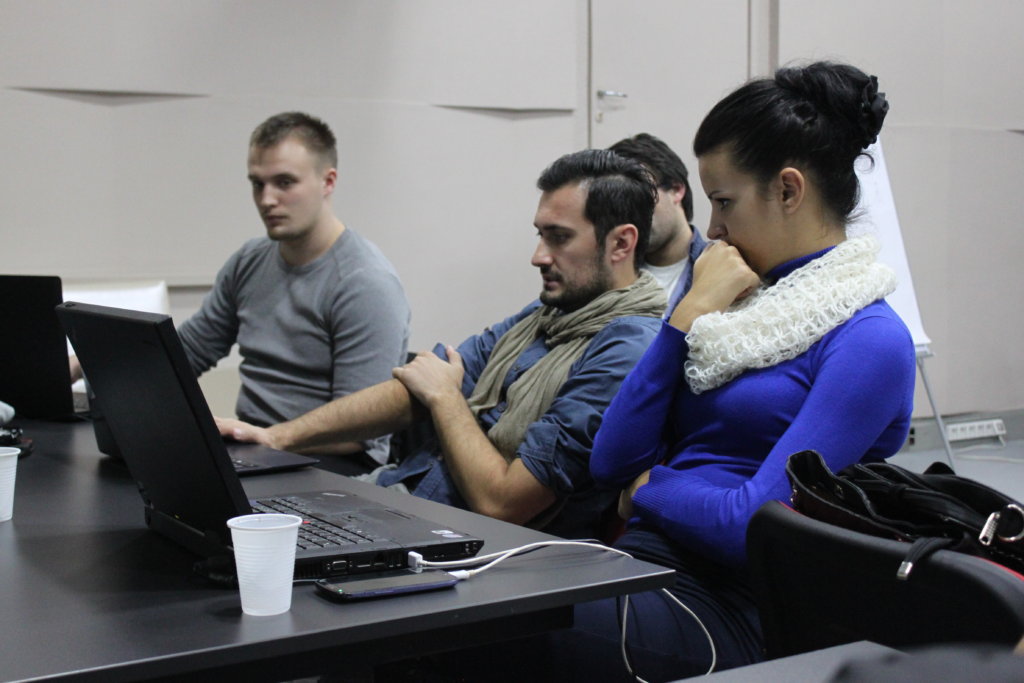- About
- Topics
- Picks
- Audio
- Story
- In-Depth
- Opinion
- News
- Donate
-
Signup for our newsletterOur Editors' Best Picks.Send
Read, Debate: Engage.
| December 24, 2019 | |
|---|---|
| topic: | Election |
| tags: | #Muslim, #Bosnia and Herzegovina, #election |
| located: | Bosnia and Herzegovina |
| by: | Katarina Panić |
In November 2010 the Constitutional Court of Bosnia and Herzegovina declared that certain provisions of the Election Act (2001) regulating elections of city councillors were unconstitutional. It gave the relevant authorities six months to harmonise the provisions with the Constitution of Bosnia and Herzegovina. The judgement has, however, still not been enforced. This means that the current mayor of Mostar has only had a technical mandate since 2012, and that he does not have the required democratic legitimacy. What’s more, he has been running the city alone, without a city council.
Relying on the European Convention on Human Rights, Baralija alleged that the non-enforcement of the Constitutional Court’s judgement had prevented her from voting or standing in local elections. This amounted to discrimination on the grounds of her place of residence. The Strasbourg Court found:
“The court could not, therefore, accept the (Bosnian) government’s justification for the prolonged delay in enforcing the (2010 Constitutional Court) ruling, namely the difficulties in establishing a long-term and effective power-sharing mechanism for the city council so as to maintain peace and to facilitate dialogue between the different ethnic groups in Mostar.”
Since the 1990s war, Mostar has remained divided between its Bosniak (Muslim) and Croat (Catholic) populations, who mainly live on opposite sides of the River Neretva. There are more or less ethnic divisions all over the country, but Mostar stands out. It still has two of every public institution – Bosniak hospitals and Croat ones, for example – and still has separate universities.
Bosniaks want the city divided into several municipalities for voting purposes, while Croats stand for “one man, one vote”, counting on the fact that Mostar now has a Croat majority. Any initiative to change the electoral law has failed so far, essentially because Bosniaks fear that the principle of “one man, one vote” will strengthen the Croats.
Yet, this year the potential eco-catastrophe united the people on both banks of the Neretva River. The waste disposal Uborak issue escalated, after last summer’s blockade of the site didn’t lead to an agreement between citizens and authorities. Although the federal government ordered its closure in 2014, because it had reached the maximum capacity, it never happened. The people organised the protests. The city authorities offered that suspicious waste, waste of animal and medical origin would no longer be disposed on the site. The citizens rejected the proposal and requested the landfill site’s complete relocation. This month citizens started blocking the landfill again. The police forced access to the landfill site. Meanwhile, federal MPs submitted an initiative that for the Federal Government to take over the city. This has all rendered the situation critical and the need for participatory elections.
Human Rights Watch criticised Bosnian officials for their failure to reform a constitution that a key ECHR ruling condemned as discriminatory exactly a decade ago.
Dervo Sejdić and Jakob Finci, citizens of Roma and Jewish origins, appealed to the ECHR because of the discrimination. In 2009, the court ruled in their favour. Estimated 400,000 Bosnians, 12 per cent of the population, are currently barred from running for president or parliament because of their religion, ethnicity, or because of where they live. The constitution also bans people who do not wish to declare an ethnic identity from running for the highest office. Now some 100,000 citizens of Mostar joined them in waiting for human rights rulings to be put into effect.
By copying the embed code below, you agree to adhere to our republishing guidelines.
